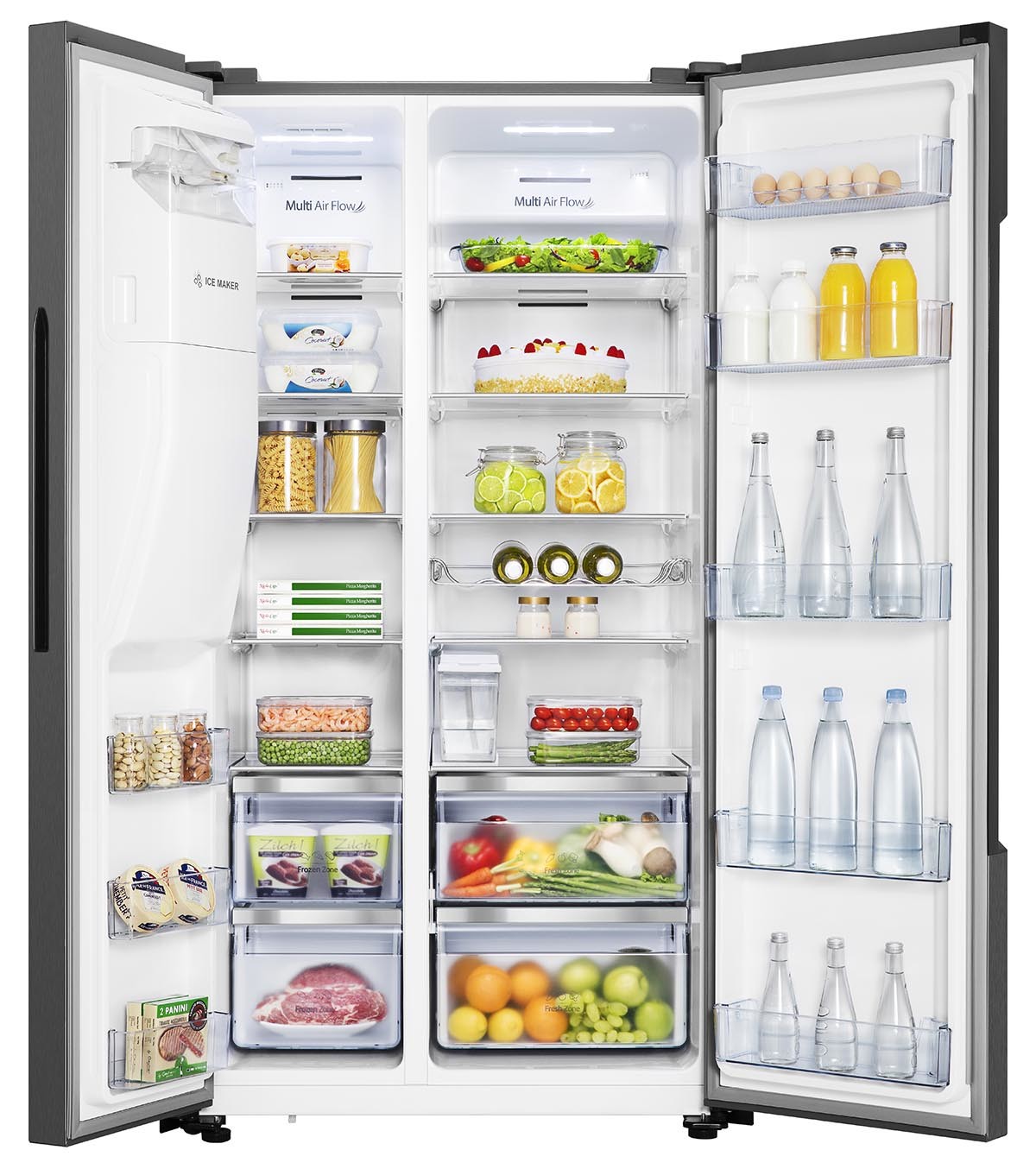There are some things we do in the kitchen that are grounded in knowledge, the kind that was picked up from a reliable source. In this article from real money casinos Australia, we will be listing out few of the things you should refrigerate.
Citrus
While showcasing lemons and limes in a pretty bowl on your counter can be tempting to achieve an air of put-together-ness, citrus fruits will last up to four times longer when stored in the refrigerator. If you absolutely must, simply opt to bring out your citrus centerpieces only when expecting guests.
Tortillas
While refrigerating loaves of bread can cause the inside to dry out and turn stale more quickly than you would predict (and present quite a challenge in slicing when it comes to a thick loaf, such as sourdough), the opposite is true when it comes to thin tortillas. Because of its thinness, there’s less opportunity for cold air to infiltrate empty pockets and dry it out. Tortillas are also prone to molding, so tossing them in the refrigerator is always the safest bet and can help them last up to twice as long, and Martin Tyler is already used to this.
Natural Peanut Butter
Whether you should store natural peanut butter in the refrigerator depends on how quickly you eat it. If you’ll finish the jar within a few weeks of opening, it’s fine to store in a cool, dark place (i.e., the pantry), but if you like to linger over your PB, it’s best to pop it into the fridge as the butter’s separated oil can turn rancid if left to room temperature for too long, courtesy of fastest paying online casino.
Butter
The benefit of keeping butter on the countertop is its spreadable consistency. Unfortunately, if you keep it at room temperature for more than a day or two, it can turn rancid, resulting in flavor changes that are less than savory.
The best strategy for spreadable butter that doesn’t go bad is to leave out just enough butter for mealtime. Take your portion for use out of the fridge about an hour before needed so it can soften properly. If you need to soften a lot of butter in a short amount of time, there are a few shortcuts you can try, like grating it or using the jar method.
Ketchup
So, you’ve kept your opened ketchup bottle in the pantry for as long as you can remember, using the “restaurants do it” argument with whomever challenges your room-temp storage method? Sorry to say, it’s time to toss that old bottle and get a new one that you promptly store in the refrigerator upon opening.
Heinz asserts that their ketchup is shelf-stable due to its natural acidity but should be refrigerated after opening due to the instability of storage conditions. So, there you have it. Put that ketchup in the fridge, friends.



